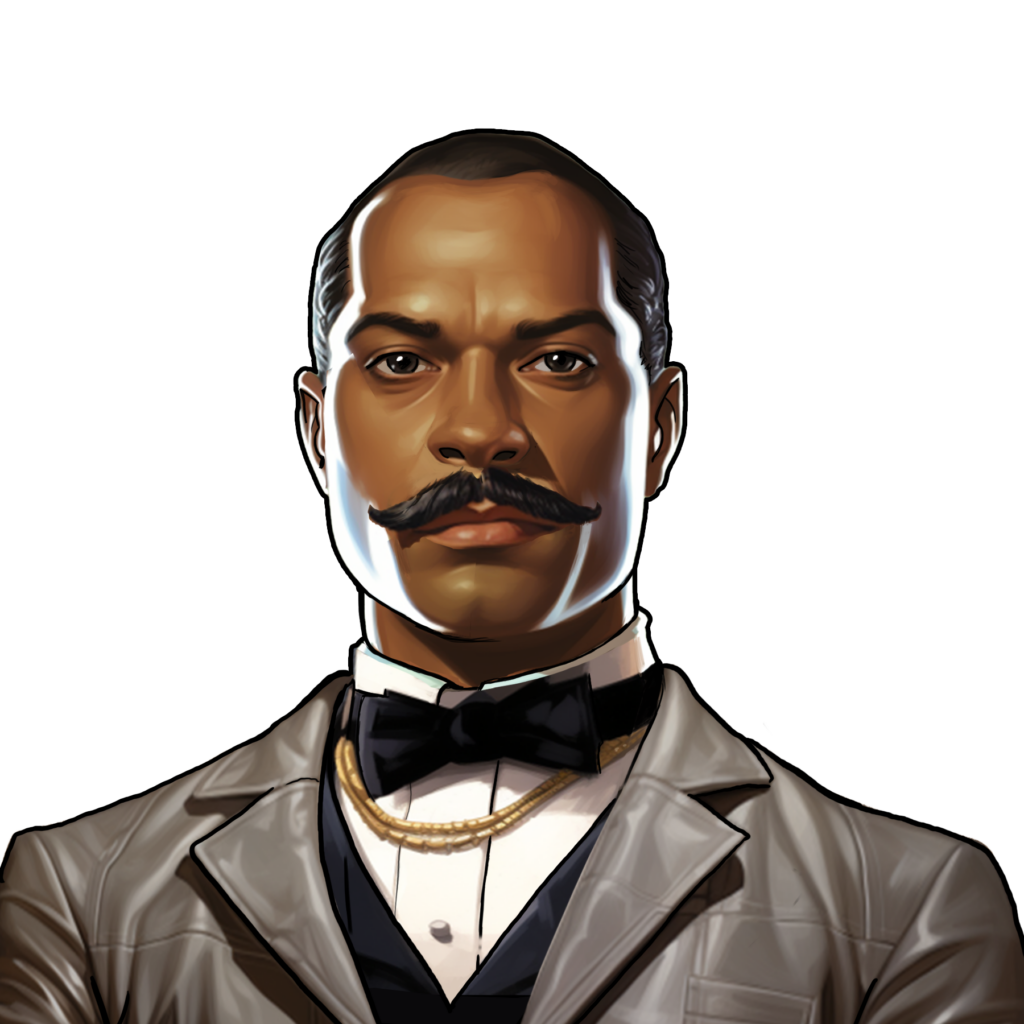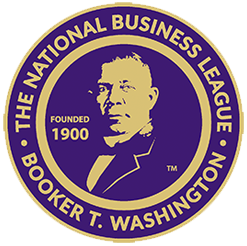
A patent examiner who compiled the first list of African American patent holders
Henry Baker was born in Mississippi around 1857, a few years before the outbreak of the American Civil War. Details of his early life, including whether he was free or enslaved, are scarce. Despite this dearth of information, Baker’s actions during his early years suggest he was academically gifted, hard-working, and determined.
In 1874, Baker became the third African American midshipman to enter the U.S. Naval Academy at Annapolis, Maryland. Subject to intense harassment and racial persecution, he left the Academy before graduating and was the last African American student enrolled there until 1936. He then moved to Washington, D.C., where he earned a law degree from Howard University. While finishing his degree, Baker began his career at the Patent Office as a copyist. He eventually rose to the position of second assistant examiner.
In addition to the responsibilities of his full-time job, Baker began chronicling the inventions of African Americans. Throughout his career, Baker wrote to thousands of patent examiners, attorneys, businesspeople, and community leaders to locate Black patent owners and record their innovations. Ranging from improvements for steam engines to dough kneaders, from telephone transmitters to game tables, Baker’s list of hundreds of inventions reflected the needs of a society that was industrializing and commercializing at a rapid rate. Each entry also represented the story of an inventor who overcame financial and social barriers to make their idea to reality, receive a patent, and for some, see their invention in use.
Baker’s efforts to find and publicize records of African American inventiveness were attempts to counter the intensifying racism of his day. His research and record-keeping were part of a growing civil rights movement, and his work had lasting significance far beyond his lifetime. The list is both an immense repository of contributions by Black inventors to the technological progress of humanity and a powerful record of one man’s public quest for racial equality.

Stay informed with the latest information impacting today’s black businesses. Subscribe to the National Business League Newsletter.
THE LEGACY
THE LEAGUE
THE MOVEMENT
THE NEWS
THE MEMBERSHIP
CONTACT US
ORDERING & PAYMENT
SHIPPING & RETURNS
FAQ
VOLUNTEER
PRIVACY POLICY
TERMS & CONDITIONS
PRESS ENQUIRIES
SITE MAP
SITE CREDITS
Designed by:
and

for (the) National Business League, Inc. © Copyright 2024
JOIN
DONATE
SHOP